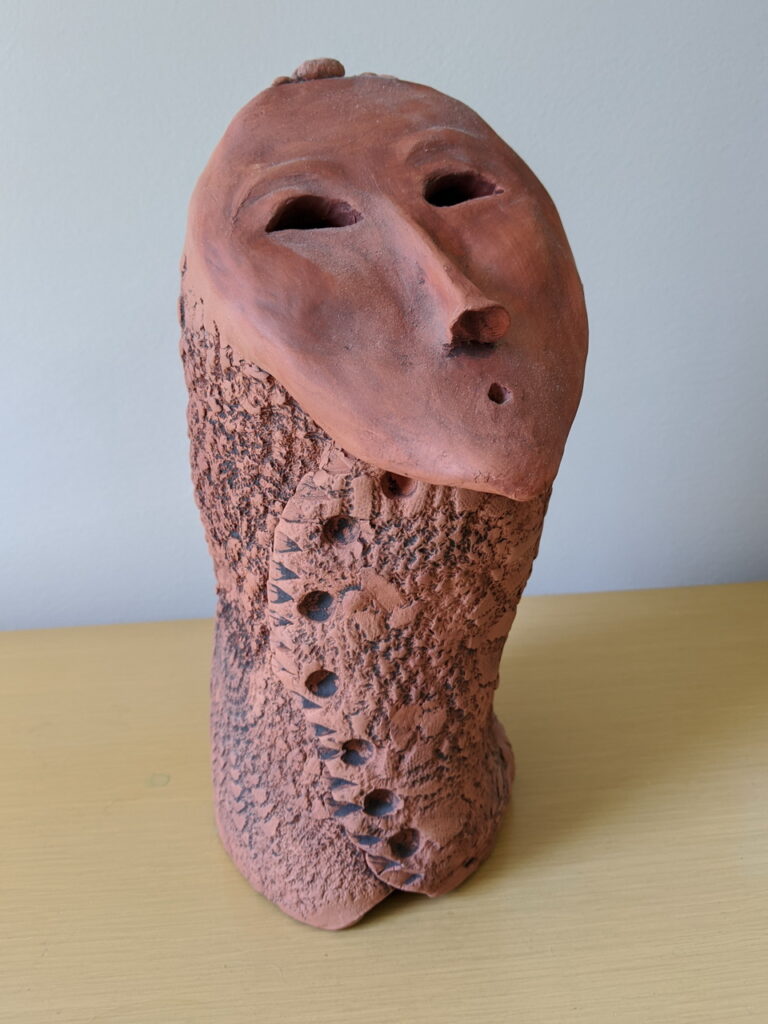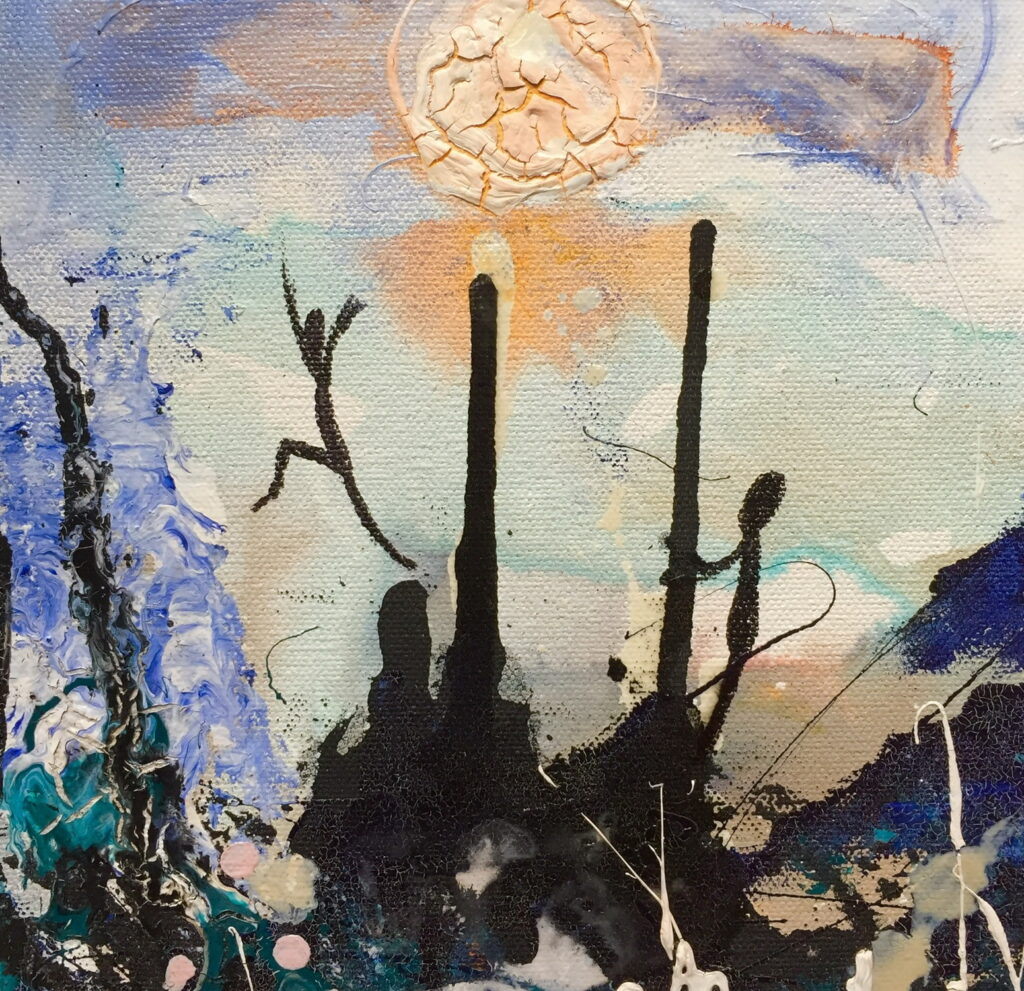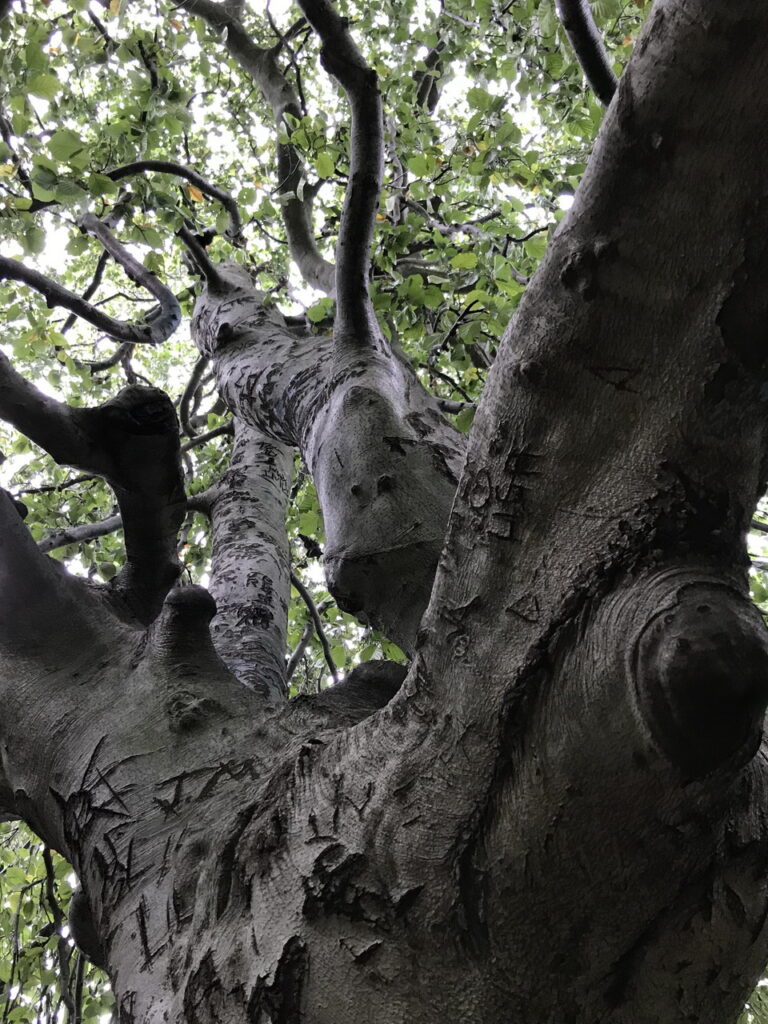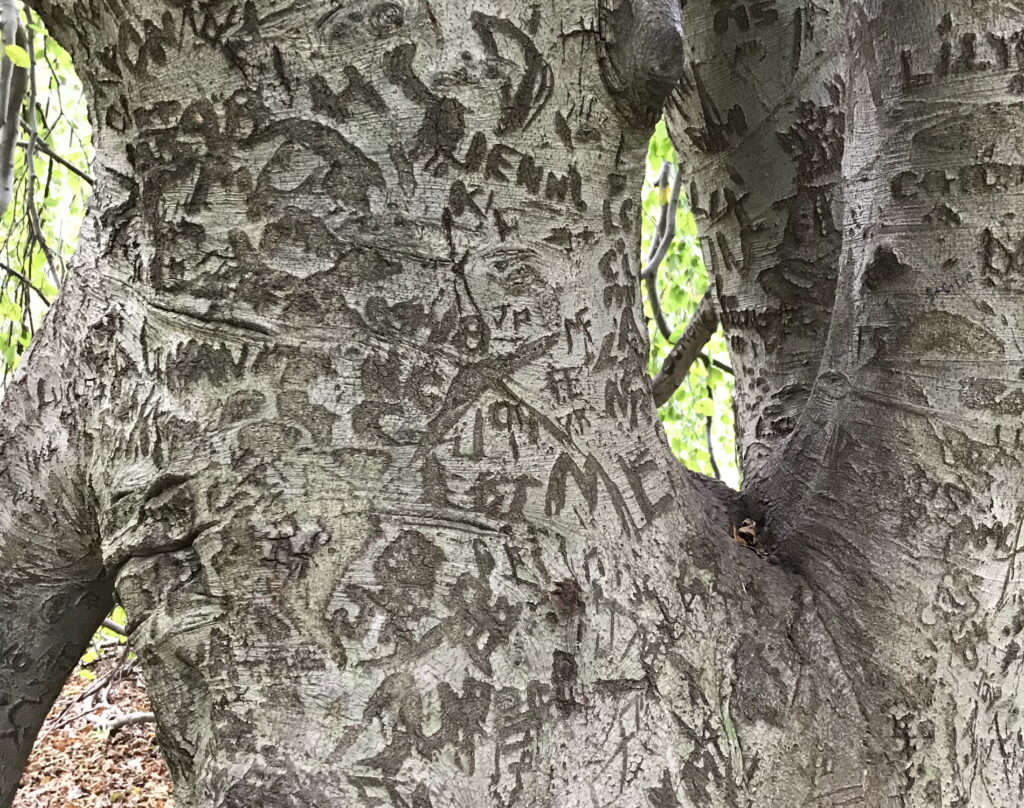September 2020
Editor’s Note
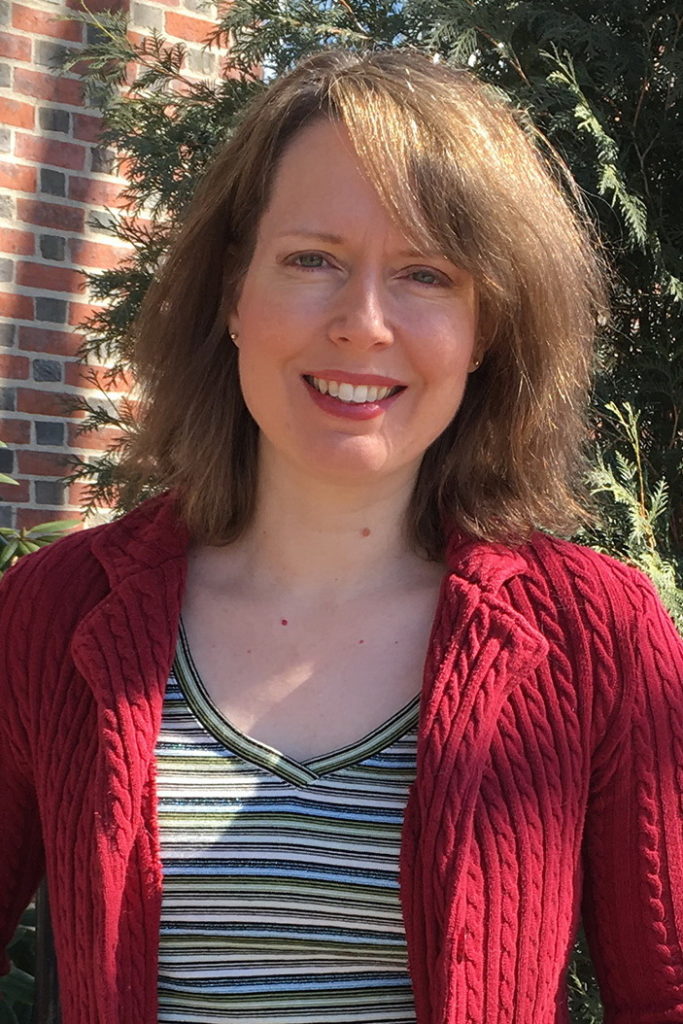
I feel reckless.
On January 17, and seven years after our first conversation about starting a literary magazine, I emailed my friends Cheryl Wilder and Suzanne Farrell Smith with this question: Waterwheel Review. Where are we?
After years of stopping and starting, and at least two target launch dates scheduled and then allowed to pass, I was ready to hit go. Or… just go. Maybe we could never make room in our lives for this particular labor of love.
List-maker, double-bagger, belt-and-braces Suzanne stunned me with her reply: I feel reckless. Then Cheryl: Fuck it.
We couldn’t have guessed then or by February 29 when our sample issue went live, that by mid-March Cheryl and Suzanne would be homeschooling their children, and I would be working an improvised version of my library job at home. Or that time would feel so vast and slow yet leave so little space—outside the new hygiene and safety protocols, the learning curve required for transporting all human interaction to Zoom, the absorption of information on case numbers and symptoms and methods of transmission—for any labors of love.
If we had known what was coming, we wouldn’t have allowed ourselves to be reckless. Waterwheel Review would still be a project-in-waiting, or, possibly, a project abandoned. And I wouldn’t be thinking about how the three publications in our first issue form, for me, a grand, deeply rich meditation on the passage of time, the lifeline or leash of love, our need to transmute fleeting human experience into art. I wouldn’t marvel at how all three play with surreal narration—Christina in a voice effortlessly moving back and forth through space and time; Jefferson in the simple, modern language of his nonplussed protagonist; and Sofia using the lavish imagery of a fable.
If we had known what was coming, I wouldn’t have enjoyed the thrill of recognition when I first read “Three Women Writing Around My Head”—submitted blind, per our guidelines—and knew the author had to be fellow Mainer Jefferson Navicky. “I will not be voting on this one,” I said, recusing myself without explanation, and sat in silence while my co-editors discussed whether we would accept a piece I wanted so badly (I didn’t suffer long). I wouldn’t now savor this extra spoonful of sweetness in publishing a friend, nor could I extend the treat with a Q&A about his connection to Maine’s robust history of women writers.
If we had known what was coming, “Until the Charm Fades,” the music Charlie Rauh wrote to serve as a companion to his sister Christina’s publication, wouldn’t exist. But we didn’t know. And here we are, reveling in all this art we get to showcase, celebrating this new small community of makers, and glorying in literature without labels.
I have no children to homeschool, so it’s easy for me to say it: I’m glad—so very, very grateful—that we didn’t delay our launch once again. Right now in the time of face masks and hand sanitizer and curbside pickup? I need exactly this kind of reckless.
Claire Guyton
